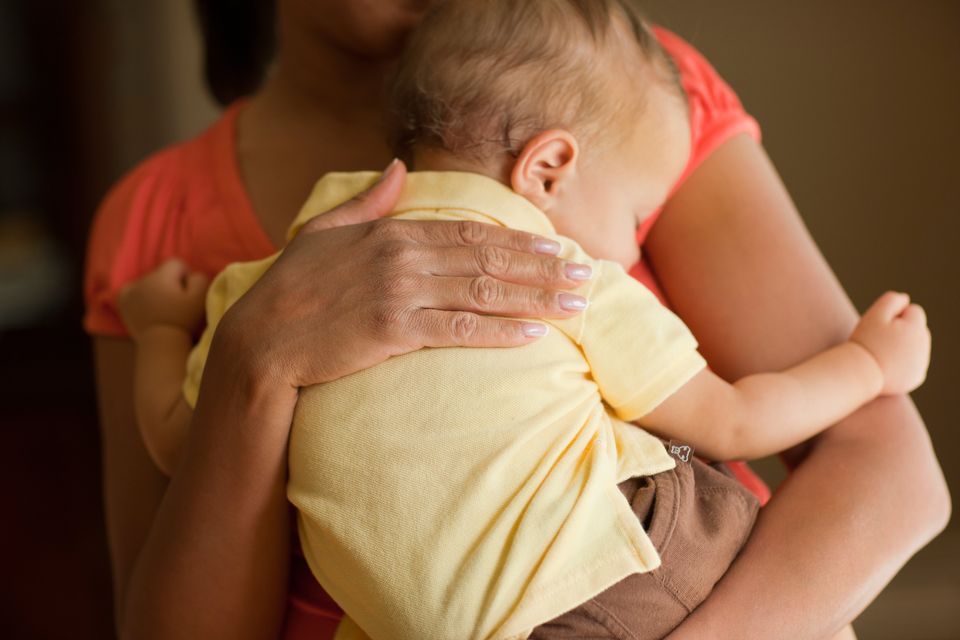Editorial: Stigma of motherhood and addiction is stopping women accessing rehab – we need to take a more humane approach
Young mothers with drug and alcohol problems often feel they risk losing their children to care if they access rehab. Photo: Stock image/Getty
Just over 10 days ago, the people of this State voted by a record margin to retain a reference to mothers in the Constitution. Through Article 41.2, the Constitution of Ireland refers to the importance to the common good of the life of women within the home and that the State should endeavour to ensure that mothers should not have to go out to work to the neglect of their “duties in the home”.
The Government’s proposal to delete this article and replace it with the so-called care amendment was defeated by almost three votes to one – the highest ever no vote percentage in an Irish referendum.
Article 41.2 remains and continues to recognise the importance to the common good of the life of women within the home. It also continues to require the State to endeavour to ensure mothers should not have to go out to work to the neglect of their “duties in the home”.
To what extent the will of the people is observed in the formulation of policy is open to debate. But the Constitution is not just about the actions of the government of the day, but also the attitudes of society as a whole.
Our attitudes towards the consumption of drugs is evolving. In January, the final report from the Citizens’ Assembly provided 36 recommendations for the Oireachtas. It called on the Government to provide leadership and accountability on drug use in Ireland, including the provision of a cabinet committee chaired by the Taoiseach.
The Citizens’ Assembly recommended a health-led approach by the State, rather than a criminal justice response. The view emerging from the Citizens’ Assembly was a more compassionate approach is needed for those who have become addicted to drugs.
A “hidden problem” for Ireland’s vulnerable women is young mothers with drug and alcohol addictions feeling they risk losing their children to the care system if they access rehab. As a result, mothers are unwilling to roll the dice with their children’s futures and avoid getting into recovery, so the cycle continues.
The isolation caused by the pandemic resulted in vulnerable women becoming dependent on alcohol. Alcohol and benzodiazepines tend to be the most popular drugs of choice. Yet the continuing societal stigma of motherhood and addiction means that not enough women are even accessing support, according to experts at the Coolmine drug and alcohol treatment centre.
A women and children’s residential service is proving invaluable to mothers on a journey to recovery. The centres help keep children with their mothers while the women receive support and treatment to combat addiction.
Having their children with them helps the women on the path to recovery.
As our attitudes towards substance abuse evolve, it is important that a holistic view of treatment and recovery be adopted. The black-and-white views of the past on addiction must be replaced by a broader understanding of the problem.
Join the Irish Independent WhatsApp channel
Stay up to date with all the latest news















